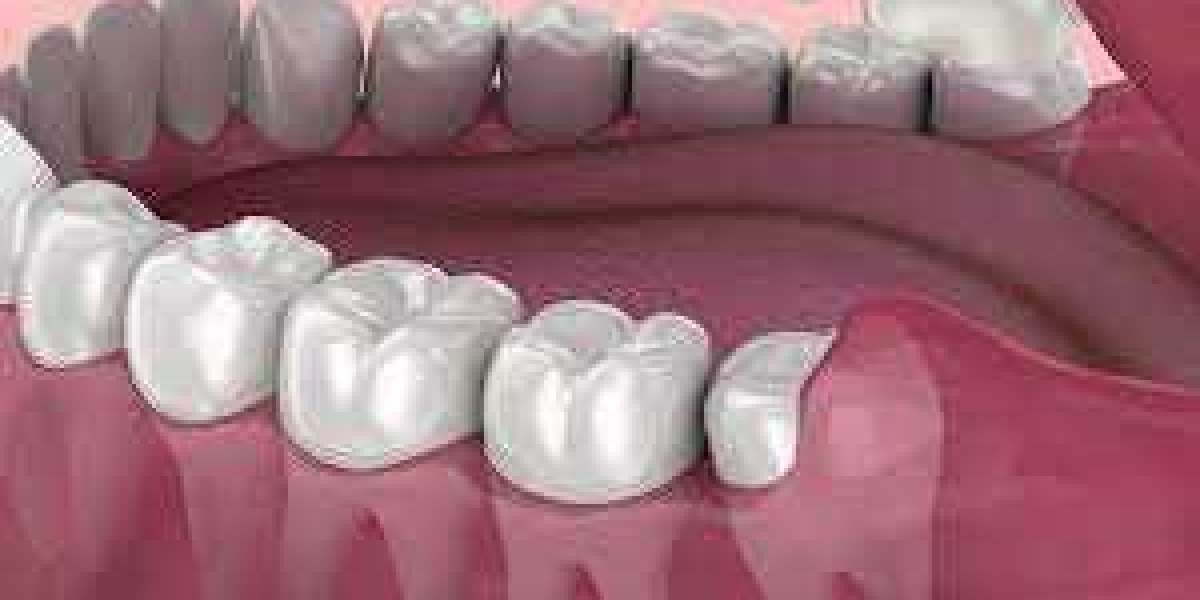Wisdom tooth extraction is a common procedure that can help prevent various oral health issues. However, proper care after the procedure is essential for a smooth recovery and to avoid complications. How to care for your mouth after wisdom tooth extraction is crucial for ensuring that the Wisdom Tooth Extraction sites heal properly and that you experience minimal discomfort. In this article, we’ll outline important steps to follow during your recovery to ensure the best possible outcome.
Follow Post-Operative Instructions for Optimal Healing:
After wisdom tooth extraction, following your dentist’s or oral surgeon’s instructions is crucial to prevent complications and promote healing.
- Rest and Recovery: Give your body ample time to recover by getting plenty of rest. Avoid strenuous physical activity for a few days to reduce the risk of bleeding or swelling.
- Medication as Directed: Take any prescribed pain medications or antibiotics exactly as instructed to manage discomfort and prevent infection.
- Avoid Touching the Extraction Sites: Refrain from touching the area with your fingers or tongue to avoid introducing bacteria and causing infection.
Control Swelling and Manage Pain:
Swelling and pain are common after wisdom tooth removal, but they can be managed effectively with proper care.
- Ice Packs: Apply ice packs to your face during the first 24 hours post-surgery. Alternate 15-20 minutes on and off to minimize swelling.
- Pain Relief: Over-the-counter pain relievers, such as ibuprofen or acetaminophen, can help reduce discomfort. If stronger pain medications were prescribed, take them as directed.
- Elevate Your Head: When lying down or sleeping, keep your head elevated on pillows to reduce swelling and promote better blood circulation.
Maintain Proper Oral Hygiene Without Disrupting the Extraction Sites:
Keeping your mouth clean after the procedure is important for preventing infection, but you must do so gently to avoid disturbing the healing areas.
- Gentle Brushing: Continue brushing your teeth, but avoid the extraction sites for the first few days. After that, you can gently brush near the area, being careful not to irritate the surgical site.
- Saltwater Rinses: After the first 24 hours, rinse your mouth gently with warm salt water several times a day. This helps reduce inflammation and prevents infection.
- Avoid Straws: Do not use straws for at least a week, as the suction can dislodge the blood clot that forms at the extraction site, leading to a painful condition known as dry socket.
Eat Soft and Nutritious Foods for Healing:
After wisdom tooth extraction, it’s important to eat soft foods that won’t irritate the healing sites. Eating the right foods will help with recovery and provide the necessary nutrients for healing.
- Soft Foods: Stick to soft foods like yogurt, mashed potatoes, soups, scrambled eggs, and smoothies during the first few days after the surgery. Avoid crunchy, spicy, or hard foods that could irritate your gums.
- Stay Hydrated: Drinking plenty of water is essential for the healing process. However, avoid drinking hot beverages or alcohol, as they can interfere with recovery.
- Chew Carefully: When eating, chew on the side of your mouth opposite the extraction sites to avoid putting pressure on the healing areas.
Watch for Signs of Complications:
While most Wisdom Tooth Extraction heal without major issues, it’s important to monitor your recovery closely. If you experience any unusual symptoms, it may indicate a complication that needs attention.
- Signs of Infection: Symptoms such as increased pain, swelling, pus, or a foul taste in your mouth may indicate an infection. If you notice these signs, contact your dentist or oral surgeon immediately.
- Dry Socket: If you experience severe pain a few days after the procedure, especially if it is accompanied by a bad taste or odor, you may have developed dry socket, a condition that occurs when the blood clot is dislodged. Contact your dentist for treatment.
- Excessive Bleeding: Some bleeding is normal within the first few hours, but if you experience persistent or heavy bleeding beyond the first day, seek professional help.
Attend Follow-Up Appointments for Proper Healing:
Follow-up visits with your dentist or oral surgeon are crucial for ensuring that your recovery is progressing as expected and to check for any complications.
- Post-Surgery Checkups: Your dentist will likely schedule a follow-up appointment within a week to monitor your healing and remove any stitches if necessary.
- Listen to Your Dentist’s Advice: If your dentist provides specific care instructions or advice, follow them carefully to prevent complications and ensure a successful recovery.
- Contact Your Dentist If Necessary: If you experience issues such as persistent pain, infection, or other concerns, don’t hesitate to contact your dentist for advice or further care.
Conclusion:
Proper care after wisdom tooth extraction is essential for a smooth recovery and to avoid complications such as infection, dry socket, or excessive bleeding. By following your dentist’s post-operative instructions, managing pain and swelling, maintaining good oral hygiene, and eating the right foods, you can help ensure that your mouth heals quickly and efficiently. If any concerns arise during your recovery, make sure to contact your dentist right away. With the right care and attention, you can expect a successful recovery and return to your regular routine in no time.











